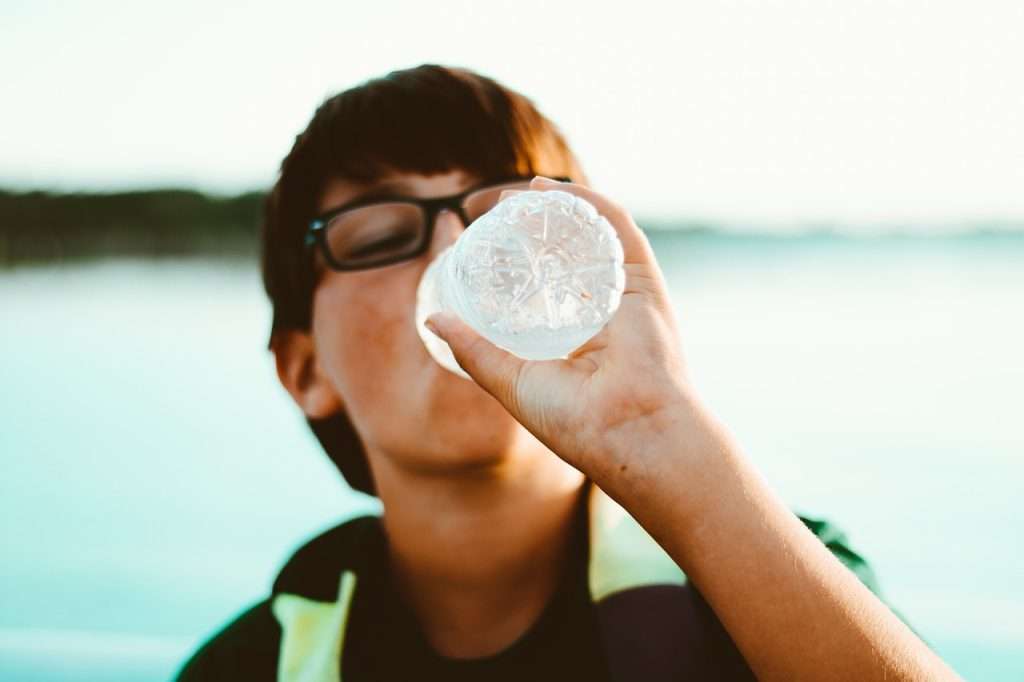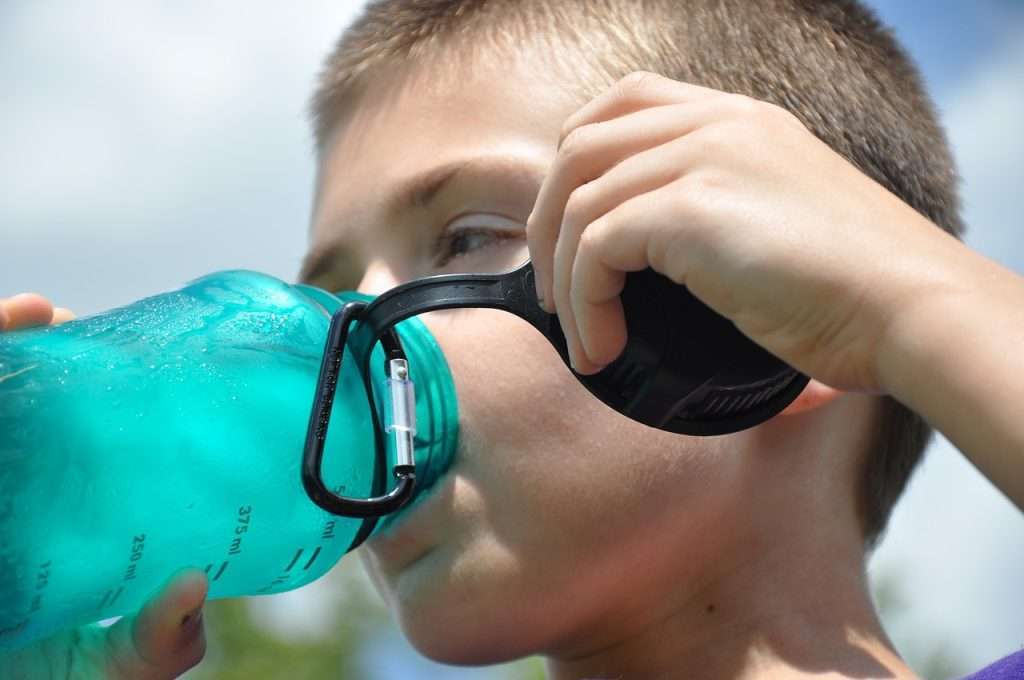Water is essential for life. Our bodies are made up of about 60% water, and we need to drink fluids regularly to stay hydrated. But what does hydration mean? And how much water do we really need to drink each day?
In this article, we’ll take a closer look at hydration. We’ll discuss the Importance of hydration, the signs of dehydration, and how much water you should drink each day. We’ll also share some tips for staying hydrated, even when it’s hot outside or you’re exercising.
what is hydration?
Hydration is the state of having enough water in your body. Water is vital for many bodily functions, including regulating body temperature, removing waste products, and transporting nutrients to cells.
Importance of hydration
Water is necessary for many bodily functions, including:
- Regulating body temperature
- Lubricating joints
- Removing waste products from the body
- Transporting nutrients to cells
- Maintaining blood volume
- Digesting food
- Preventing constipation
- Improving mood and cognitive function
- Protecting the skin
- Boosting the immune system

Signs of dehydration
Here are some of the signs of dehydration:
- Thirst: This is the most noticeable sign of dehydration. If you’re feeling thirsty, it’s a sign that your body is already starting to get dehydrated.
- Dry mouth: Your mouth should feel moist, but if it’s dry, it’s a sign that you’re not getting enough fluids.
- Dark yellow urine: Your urine should be pale yellow or clear. If it’s dark yellow, it’s a sign that you’re dehydrated.
- Headache: Dehydration can cause headaches.
- Muscle cramps: Dehydration can also result in muscle cramps.
- Fatigue: Dehydration can make you feel tired and sluggish.
- Confusion: In severe cases, dehydration can cause confusion.
If you experience any of these symptoms, it’s important to drink fluids immediately.
The amount of water you need to drink each day depends on a number of factors, including your age, activity level, and climate. The general recommendation is to drink 8 glasses of water per day, but this may need to be adjusted based on your individual needs.
Tips for staying hydrated:
Here are some tips for staying hydrated:
- Drink water throughout the day, even if you don’t feel thirsty.
- Carry a water bottle with you so you can drink whenever you need to.
- Add flavor to your water with fruit, cucumber, or mint.
- Drink water before, during, and after exercise.
- Avoid sugary drinks, as they can dehydrate you.
Drinks Best for Hydration
Here are some of the most popular drinks and how they compare in terms of hydration:
- Water: Water is the gold standard for hydration. It’s calorie-free, has no sugar or caffeine, and is easily absorbed by the body. It’s also the cheapest option.
- Milk: Milk is good for hydration, as well as protein and calcium. However, it’s higher in calories than water and can cause some people to feel bloated.
- Fruit juice: Fruit juice is a good source of hydration and vitamins, but it’s also high in sugar. This can result in weight gain and tooth decay.
- Sports drinks: Sports drinks are designed to replenish electrolytes lost through sweating. However, they’re also high in sugar and calories.
- Tea and coffee: Tea and coffee are both caffeinated beverages, which can act as diuretics and cause dehydration. However, they’re still hydrating and can provide other benefits, such as antioxidants.
- Sparkling water: Sparkling water is a good option for people who don’t like the taste of plain water. It’s also calorie-free and has no sugar.
Conclusion
In conclusion, hydration is vital for our health and well-being. By following the tips above, you can make sure that you’re getting enough fluids to keep your body running smoothly.
Here are some key takeaways from this blog post:
- Water is the best drink for hydration.
- The amount of water you need to drink each day depends on a number of factors.
- The signs of dehydration include thirst, dry mouth, dark yellow urine, headache, muscle cramps, fatigue, and confusion.
- There are many ways to stay hydrated, such as drinking water throughout the day, carrying a water bottle, and adding flavor to your water.
- If you’re concerned about your hydration levels, talk to your doctor.
I hope this blog post has helped you learn more about hydration and how to stay hydrated. Thank you for reading!

